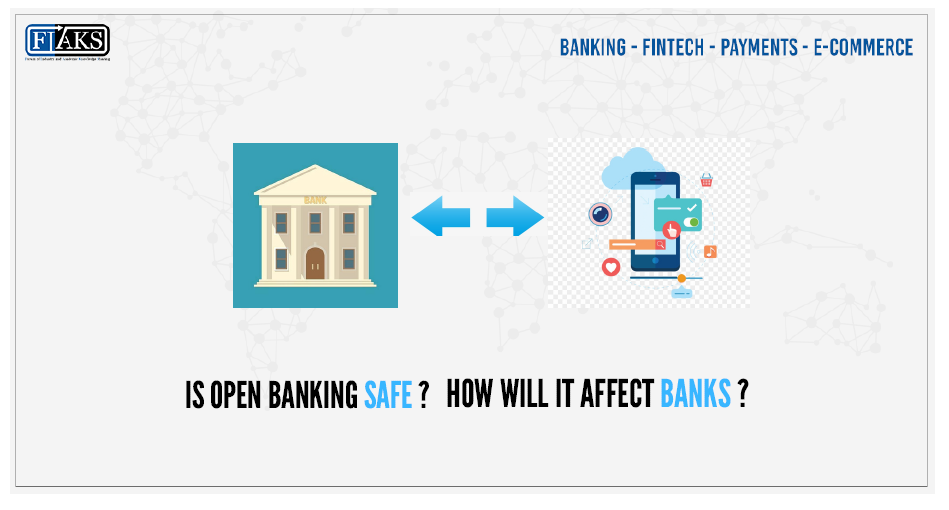Several Founders, Co-Founders, CXO Bankers, CXO Fintech professional & people who participated in the ePanel discussions:
Open banking a concept being tackled around by various banking and fintech professionals around the globe as well as around the fiaks community is an emerging concept arising as a result of various technological innovations.
Most of the developed nations like the US, UK, Australia, New Zealand, Canada, Hong Kong, Singapore have already taken up measures towards this new form of financial service. In the UK open banking has already been made official by the government this has also influenced countries like Australia and Mexico to follow in the same footsteps.
Open Banking in simple terms is “A secure technology that allows a consumer or an SME to safely share financial information with an authorized third party. It also enables the consumer SME to instruct the third party to send payments from their accounts if they want to.” [1] In order to conduct such activities banks will have to transfer customer information to the third party on the other hand with increasing technological advancement it will also help customers to pay, borrow, save money and avail other financial services easily and since this is an emerging concept it raises many doubts and questions in the minds of customers as well as banks. To address a few.
Who are these authorized third parties that want access to customer information from banks?
The third parties are fintech companies whose main motive is to create a digital platform for customers in order to make apps and services that will help users in ways that traditional banking system isn’t able to address. The fintech companies will be able to make a portal where a number of financial services will be provided for example reconciliation of multiple accounts of a business, payment of taxes, applying for a business loan, analyzing income patterns, suggesting a financial plan for investments or to repay debts all done through a single app. What these fintech companies will require though is consumer database and these consumer databases can be provided by banks.
This raises another major question Why must banks provide such database to the fintech companies? Shouldn’t they manually go and collect it from the consumers themselves
Register and Read the entire discussions

